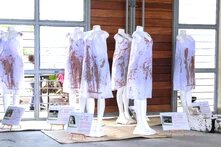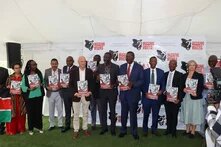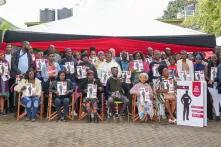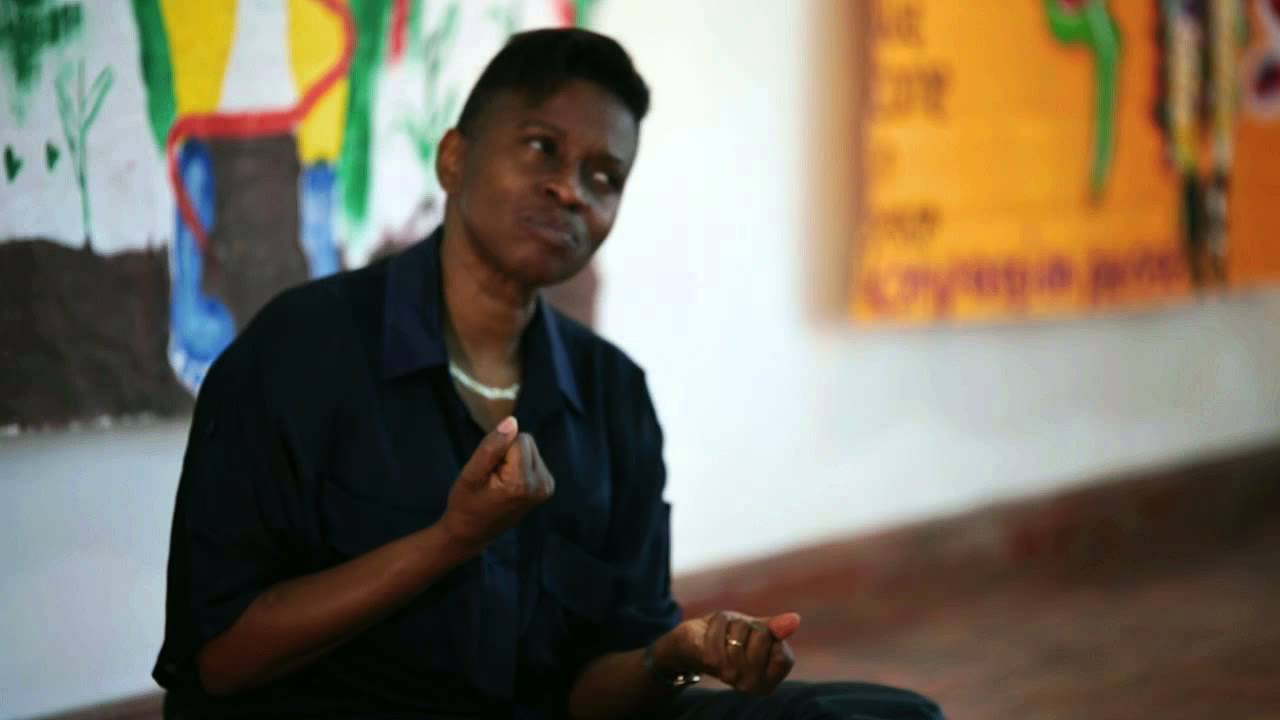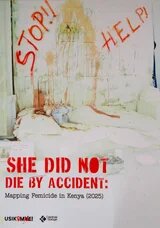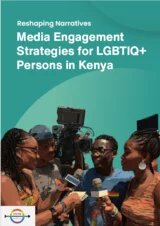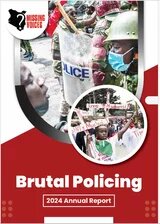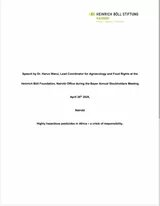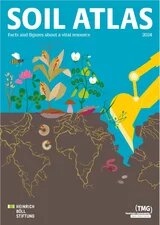Civic Spaces
Projects
Inspired by the notion that today’s world reacts a reality both multiple and unique, Who I Am, Who We Are aims at creating adequate spaces and conversations for personal reflection on relevant themes about Kenya at 50 - present and future.
Vimeo Video
Watch on VimeoA web documentary, which embarks on a visually and emotionally gripping journey into Sudan and South Sudan shedding some light onto the personal stories of those at ground level.
